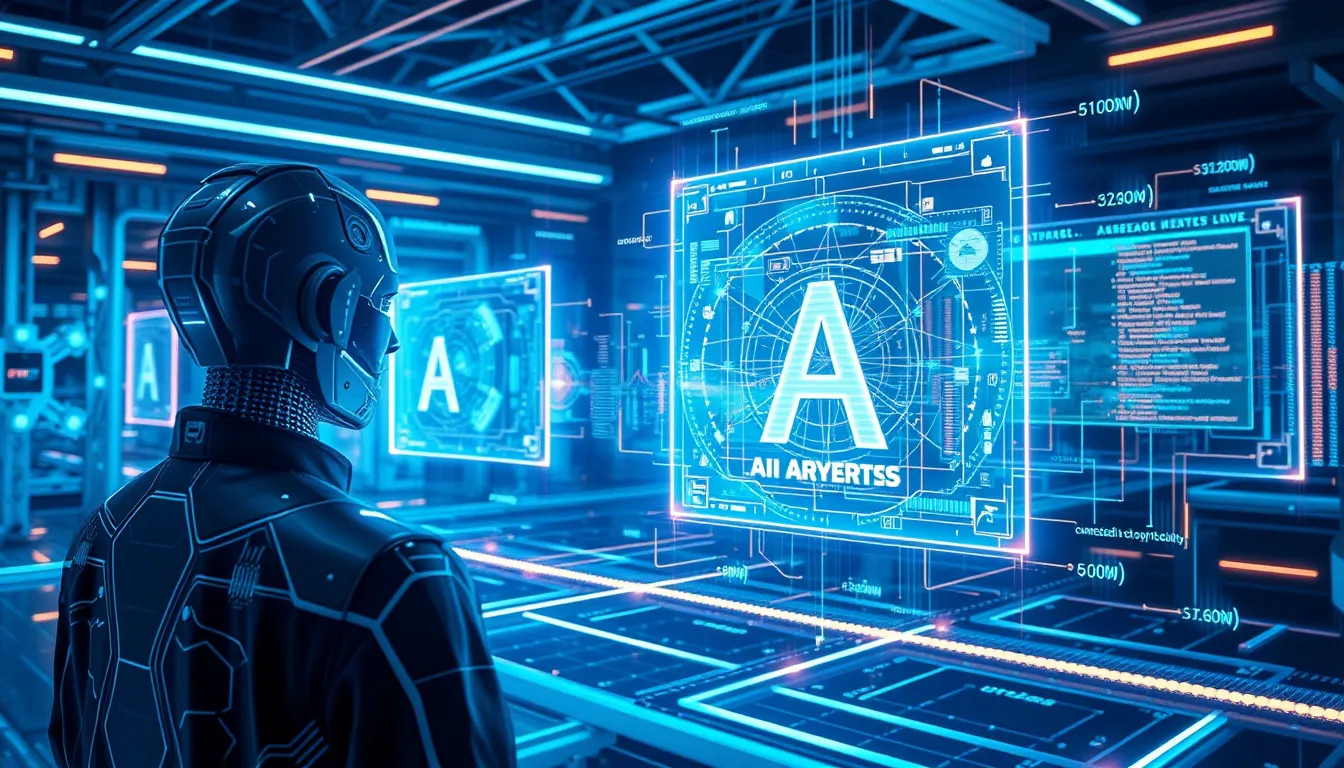Now Reading: Powerful AI in Healthcare Diagnostics: Boosting Patient Care
-
01
Powerful AI in Healthcare Diagnostics: Boosting Patient Care
Powerful AI in Healthcare Diagnostics: Boosting Patient Care

Powerful AI in Healthcare Diagnostics: Boosting Patient Care
Introduction
In recent years, the integration of advanced technologies has reshaped the healthcare landscape. Among these, AI in healthcare diagnostics stands out for its transformative potential. By harnessing advanced algorithms, medical professionals can now access insights that lead to faster and more accurate diagnoses. This article delves into how AI in healthcare diagnostics is revolutionizing the medical field, focusing on its role in improving diagnostic accuracy, medical imaging, and disease prediction.
The Revolution of AI in Healthcare
Artificial Intelligence (AI) is becoming a cornerstone in modern healthcare. With primary applications ranging from AI medical imaging to AI disease prediction, technology is empowering doctors with predictive insights that can save lives. Hospitals and clinics worldwide are investing in these innovations to improve efficiency and patient outcomes.
How AI Improves Diagnostic Accuracy
One of the most significant benefits of AI in healthcare diagnostics is the unprecedented improvement in diagnostic accuracy. Here are some of the key ways AI is making an impact:
- Enhanced Imaging Analysis: AI systems analyze medical images with greater precision than ever before, reducing human error.
- Early Disease Detection: Algorithms can detect subtle changes that may indicate early stages of diseases.
- Personalized Treatment: AI tailors medical interventions based on a patient’s unique data profile.
By integrating AI-based tools into diagnostic procedures, healthcare providers are better equipped to manage complex medical cases. For example, machine learning models help radiologists diagnose conditions such as cancer with higher reliability. This not only leads to improved patient outcomes but also reduces the time required for diagnosis.
The Role of AI in Medical Imaging
Medical imaging is a critical component in modern diagnostics. AI medical imaging applications are transforming traditional practices by:
- Increasing the accuracy of image interpretations
- Reducing the workload on radiologists
- Enhancing the ability to detect anomalies at early stages
These advancements lead to quicker interventions and improved survival rates. Institutions that employ AI-driven imaging systems report a significant decrease in diagnostic errors, highlighting the importance of adopting these tools in everyday clinical practice.
AI Disease Prediction: A New Frontier
Beyond imaging, AI disease prediction is emerging as another powerful application in the healthcare sector. By analyzing extensive datasets, AI algorithms are capable of forecasting potential health risks. This predictive capacity enables healthcare providers to take proactive measures, such as:
- Implementing preventive care strategies
- Customizing treatment plans based on risk profiles
- Monitoring patient health continuously
Such predictive analytics are critical for managing chronic diseases and can lead to substantial cost savings in healthcare. Moreover, the ability to anticipate future health issues allows for more strategic planning and resource allocation in hospitals.
Ensuring Reliability and Safety
With the integration of AI, maintaining accuracy and trust is paramount. Healthcare institutions are investing in robust validation processes to ensure that AI systems perform reliably under different conditions. Continuous monitoring and updates are necessary to align these systems with evolving medical standards.
Conclusion
The advent of AI in healthcare diagnostics marks a pivotal moment in medical history. With its ability to enhance diagnostic accuracy, transform medical imaging, and predict diseases, AI is revolutionizing patient care and optimizing treatment outcomes. As technology continues to evolve, the scope of AI in healthcare diagnostics is expected to grow, offering even greater benefits and setting new standards for the industry.
For further reading on AI advancements, please visit the official website of OpenAI and explore more about how AI is shaping our future. Additionally, explore industry insights on reputable sites such as the National Institutes of Health for the latest research developments.
This comprehensive overview serves as a testament to the transformative power of AI in healthcare diagnostics, underscoring its role in delivering timely, accurate, and personalized medical care. Embracing these innovations not only enhances patient outcomes but also paves the way for a more efficient healthcare system in the years to come.

























